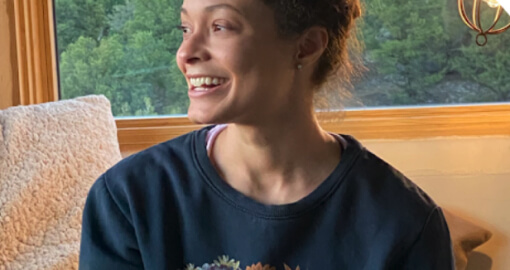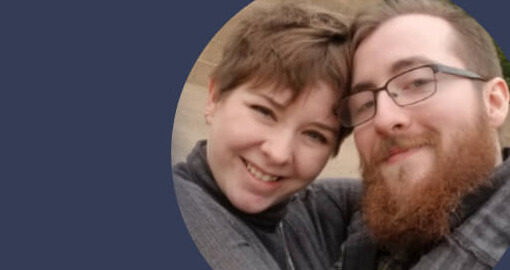Written by Shannon,
Brightside Health
3 Minute Read

*Content warning: This article mentions suicidal behaviors.
At Brightside Health, we’re committed to conducting ongoing research that helps us identify the most effective mental health treatments for a broad spectrum of conditions. Our most recent peer-reviewed study, published in JMIR Formative Research, focuses on how our virtual care model and approach is able to reduce suicidal ideation among patients who receive treatment. The paper was co-authored by our Clinical Team, led by co-founder and Chief Medical Officer Dr. Mimi Winsberg. In this blog post, we’ll break down what we studied and why it matters.
What we uncovered
In this study, our Clinical Team looked at how a telepsychiatric care platform can reduce suicidal ideation over time through a combination of therapy and prescription medication. Suicidal ideation refers to thinking about, considering, or planning suicide. Historically, telehealth solutions have not been well-equipped to treat those with suicidal ideation, which underscores the significance of today’s publication.
We examined results from over 8,500 U.S.-based adults who either received at least 12 weeks of treatment, or engaged on the platform without receiving care. Among participants, those receiving care through Brightside Health’s program (telehealth with decision support) were 4.3 times more likely to experience remission than the control group.
As part of this research, we also analyzed how baseline symptoms and patient demographics, such as age, sex, and education level, were predictive of suicidal ideation. We found that younger age and lower levels of education were more predictive of suicidal ideation prior to treatment. Females and those with advanced education beyond high school were 1.4 times more likely to remit with treatment than males and those without advanced education.
While treatment was the biggest predictor of remission, other factors that contributed to remission included:
- Older age
- Being Caucasian
- Lower depression severity at baseline
Why this matters
For Brightside Health members, this demonstrates that the Brightside telehealth platform can be effective in addressing and reducing suicidal ideation, in addition to underlying symptoms of depression.
For the mental healthcare industry, this study suggests that providers and payers can feel confident in using the Brightside telehealth platform to treat patients with more severe mental health conditions, including suicidal ideation.
What’s next
More innovation is needed to care for those with suicidal ideation over telehealth, including predicting and identifying who needs treatment most, as well as the implementation of evidence-based solutions to manage and treat those with active suicidal ideation.
Brightside Health will continue to research the impact of telehealth treatment across the spectrum of mental health conditions. For now, this latest research is available in the open-access journal JMIR Formative Research and can be found here.
Resources
If you are in emotional distress or thinking about hurting yourself in any way please make use of these resources:
Visit: If you are having a medical or mental health emergency, call 911 or go to your local emergency department
Text: The Crisis Text Line provides 24-hour free and confidential help. Text ‘HOME’ to 741-741 to connect with a counselor immediately
Call: You can call the 988 Suicide & Crisis Lifeline by dialing 988 to talk with a live counselor 24 hours per day







